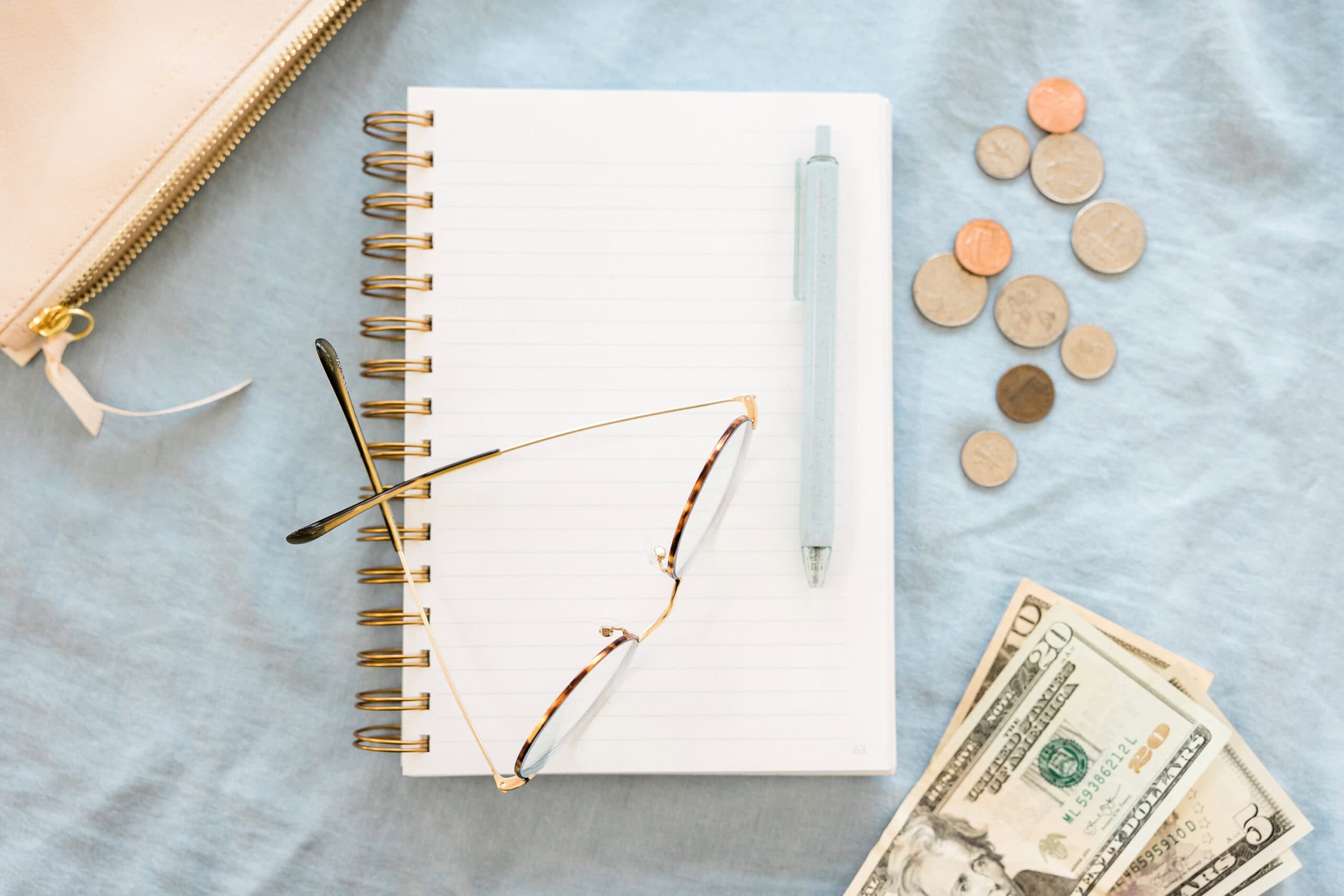 According to the Motley Fool, the average American family has $7,630 in credit card debt, $11,244 in student loans, $8,163 in car loans, and $70,322 on a mortgage.
According to the Motley Fool, the average American family has $7,630 in credit card debt, $11,244 in student loans, $8,163 in car loans, and $70,322 on a mortgage.
However, before you think the above amounts seem low, these figures include those who don’t have any debt. So, for example, when you only factor in those who actually have a credit card balance, the average amount shoots up to over $15,000.
All of the above shows that the average family has a lot of debt.
You’re different, though. If you’re reading this post, you are either close to paying off your debt or already have.
Paying off your debt, whether it be from credit cards, student loans, a mortgage, or something else, is an exciting time. A person works extremely hard and sacrifices many things in order to beat the “norm.”
But, what’s next?
Many don’t think about what to do after they pay off their debt. This can be a mistake and may even lead to someone falling back into debt.
As everyone probably knows, debt is easy to fall into, and that’s the last thing anyone wants after they have worked so hard to pay it all off. Here are my tips for life, after paying off your debt.
Carefully celebrate your debt-free life.
I recently heard about someone who paid off their debt and then threw a HUGE party to celebrate. This person bought drinks for everyone, had a caterer, and more.
I can only imagine how much this newly debt-free person had to pay for this kind of celebration and whether or not it put them back into debt. For some, this may be a fun way to celebrate, but it’s definitely not for everyone.
There are plenty of ways to commemorate your new, debt-free life. You don’t need to spend a ton of cash, or go back into debt to celebrate.
Here are several examples of how you can celebrate your new, debt-free life:
- Throw a frugal potluck. Just as much fun as a catered party!
- Have a nice family dinner at your favorite restaurant.
- Pay for a fun experience with cash that you’ve saved up, such as a vacation, skydiving, a visit to a theme park, or something else.
- Do a debt-free dance.
- Scream “I’M DEBT-FREE!”
Think about getting rid of your credit card.
If you fell into credit card debt but still have a credit card, you may want to think about getting rid of your credit card completely.
While there are many benefits of having a credit card, there are negatives as well. For some, credit cards can easily lead to racking up more debt.
You should carefully examine your credit card behaviors and decide if having one causes you to spend more money. You may not truly need one.
The last thing you want right now is to fall back into your old spending habits and go back into debt!
Start an emergency fund.
Only 40% of families have enough in savings to cover three months of expenses, and even fewer families have the usually recommended six months worth of savings.
The percentage of people who have emergency funds while in debt is even lower. Many of those paying off debt don’t have emergency funds whatsoever, or they just have very small ones.
Well, now that you don’t have debt, you should focus on building an emergency fund.
These are just a few of the many reasons why.
- An emergency fund is there to ensure you don’t fall back into debt due to unexpected expenses.
- It can help you if you lose your job.
- It is wise to have one if you have a high-deductible health insurance plan.
- It is a good idea to have an emergency fund if you have a car. Your car may need a repair, get totaled, or some other unpredictable expense may occur.
- It is necessary if you own a home. We all know, one of the lucky things homeowners often get to deal with are unexpected home repairs.
Emergency funds are always helpful to have, because they offer peace of mind if anything costly was to happen in your life. Instead of building onto your stress, you will know you can afford to pay your bills and focus on more important things.
Related: Everything You Need To Know About Emergency Funds
Keep your budget.
After you pay off your debt, you may want to get rid of your budget, as you probably have a little extra cash. However, right now is the perfect time to keep budgeting.
This wiggle room may have you tempted to spend all of this extra cash, but now is the time to be smart and think of something useful to do with it.
I recommend putting this extra cash towards a new financial goal of yours, such as one listed below.
Work towards a new financial goal.
Just because you’ve paid off your debt doesn’t mean you are done with your finances. Right now is the ideal time to start a new financial goal, because you are likely very motivated after finishing your debt payoff goal.
If you haven’t already, there are many other financial goals you may want to start working towards. These include possibly saving for:
- Retirement.
- An emergency fund.
- Travel.
- Starting a family.
- Buying a home.
- Buying a car.
Have you ever fallen back into debt? What happened? How much debt do you currently have?


Leave a Reply